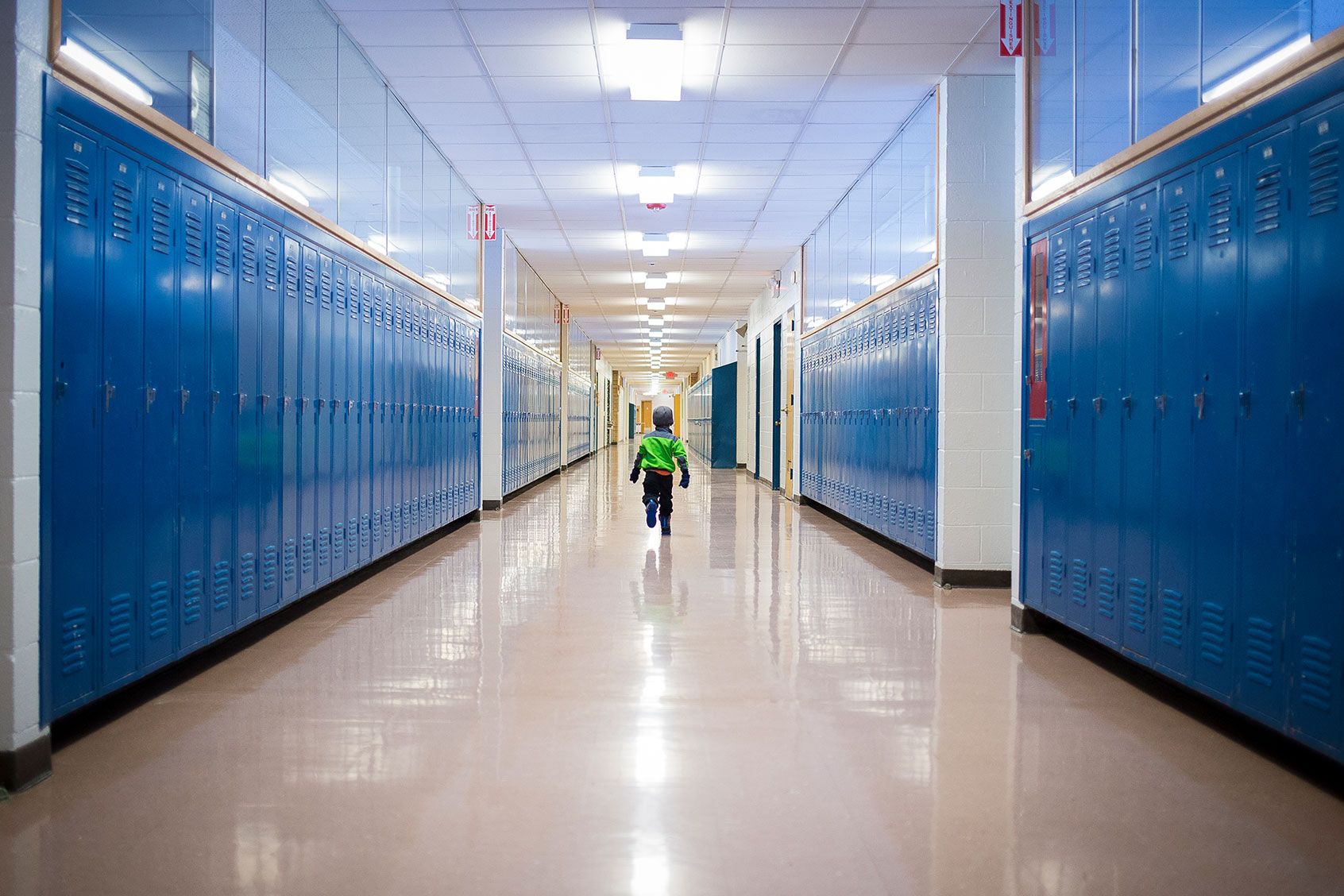Since the widespread social isolation brought about by the COVID-19 pandemic, scientists and social researchers have been concerned about its social impact. Children in particular are more affected, as experts believe the next generation’s social development was stunted by lockdowns. As one psychiatrist told Salon last year, “at every stage of development, things have been disrupted,” from infants and small children “to adolescents who can’t socialize and all through different stages of life.”
“These severe ruptures to children’s developmental and learning trajectories underline how much we need to think about the impact on social, and not just academic skills. Catch-up education must address the two together.”
Now, a new pair of studies in the journal Longitudinal and Life Course Studies sheds more light on the extent to which children from the world’s most vulnerable communities were socially set back by the pandemic. The findings were both surprising and surprisingly foreboding for what they say about the social and educational consequences for the world’s children.
The new studies focused on roughly 8,000 children of primary school age in Ethiopia. In a study involving 2,000 children, researchers learned that children who struggled socially prior to the pandemic had more pronounced difficulties in 2021. Fewer children were likely to agree with statements like “I feel confident talking to others,” “I make friends easily,” and “If I hurt someone, I say sorry.” Overall, the researchers found that a number of children who had expressed confidence in surveys taken before the pandemic (in 2019) no longer felt that way afterward. Similarly, they learned that students who had previously had a rocky road academically were in even worse straits after the lockdowns, with more than 1 out of 10 children in this cohort ultimately dropping out. This was especially true for people in rural areas, girls, and the poorest citizens.
Another even larger study, which included roughly 6,000 children, found that they had lost the equivalent of at least one-third of an academic year during the lockdown. The president of Addis Ababa University, which helped conduct the study, did not mince words about its implications.
“These severe ruptures to children’s developmental and learning trajectories underline how much we need to think about the impact on social, and not just academic skills,” Professor Tassew Woldehanna said in a statement. “Catch-up education must address the two together.”
Want more health and science stories in your inbox? Subscribe to Salon’s weekly newsletter The Vulgar Scientist.
This is not the first study to reveal how vulnerable children suffered disproportionately during the pandemic. Children of color in the United States were already at a disadvantage in America’s education system, and these inequities broadened during the pandemic. American children more broadly have also seen a drop in test scores and other educational benchmarks as a result of the pandemic. Although conservatives have blamed this on school closings, other experts say it is because of the more widespread disruption caused by the pandemic to every sector of life.
“The pandemic was challenging for everyone and resulted in wholesale disruption of daily lives and routines (inside school and out),” Dr. Ethan Hutt, a professor of education at the University of North Carolina–Chapel Hill, told Salon in October. “Even in places where schools were open it is fair to wonder what instruction in those settings was like and not hard to imagine it might have been less effective than usual.”
Amidst the chaos and anxiety of the lockdown, there was a spike in reports of mental health-related emergency room visits among American young people. Children of all backgrounds have experienced a mental health toll since the COVID-19 pandemic swept over the planet in 2020. The situation is so dire that last year the American Academy of Pediatrics, the Children’s Hospital Association and the American Academy of Child and Adolescent Psychiatry released a letter expressing alarm over the situation.
“As health professionals dedicated to the care of children and adolescents, we have witnessed soaring rates of mental health challenges among children, adolescents, and their families over the course of the COVID-19 pandemic, exacerbating the situation that existed prior to the pandemic,” the group said in a statement. “This worsening crisis in child and adolescent mental health is inextricably tied to the stress brought on by COVID-19 and the ongoing struggle for racial justice and represents an acceleration of trends observed prior to 2020.”


